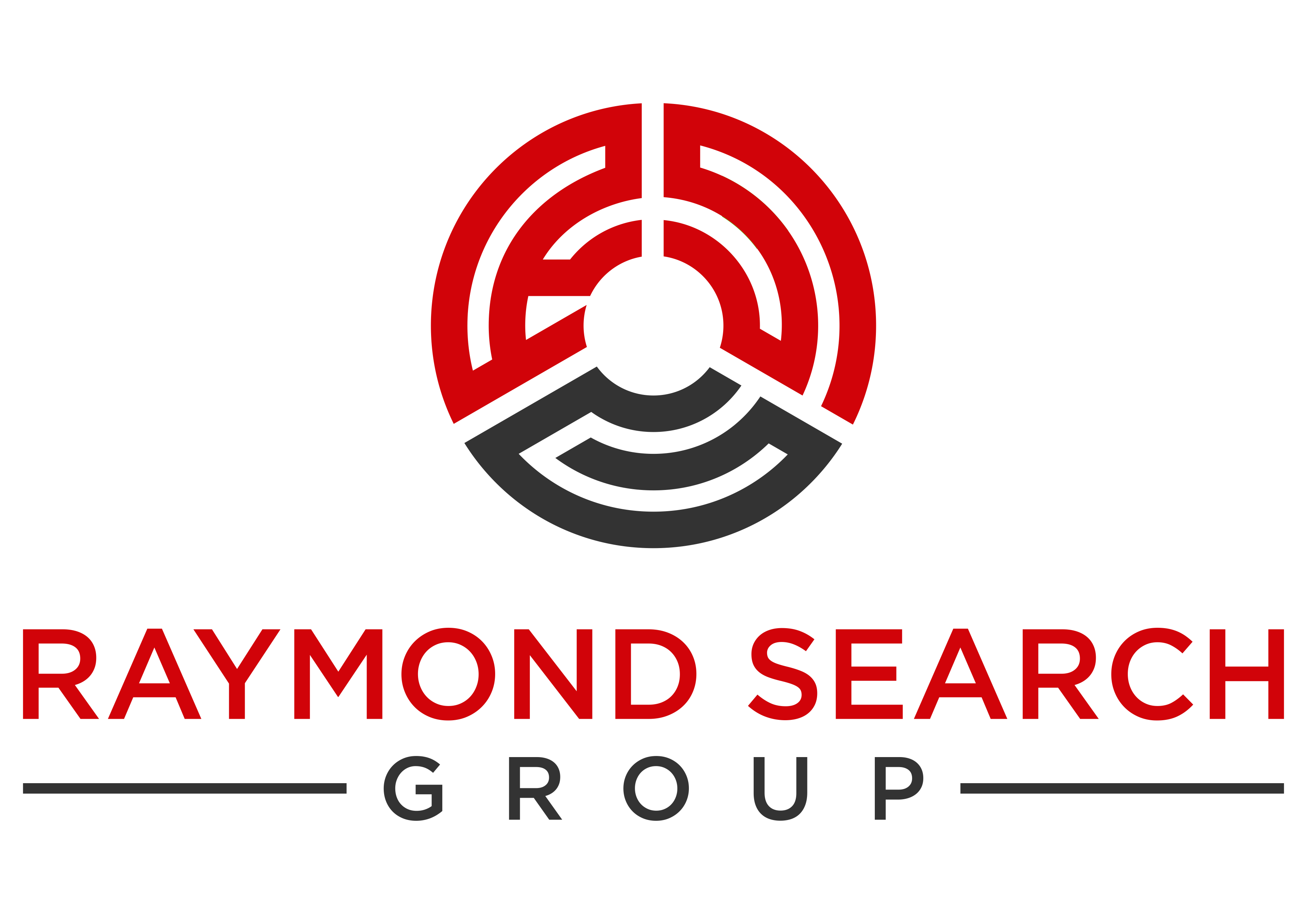
By Celeste Gable, Marketing Coordinator
There are many benefits to culture in business. Apart from creating higher revenue, culture can also improve teamwork and cooperation between employees. Not only is a strong company culture the foundation for retention, but it can help attract candidates as well. According to a statistic from Team Stage, 86% of job seekers avoid companies with a bad reputation. Below, we will breakdown the top 4 company cultures to help you identify your organizational structure.
Clan
Clan culture is a people-focused, “family-like,” collaborative environment. Companies who have a clan culture are action-oriented, embrace change, and have a flexible mindset. Leadership are advisors and mentorship opportunities are encouraged. In clan culture, relationships, participation, and company morale is at the forefront.
Adhocracy
Companies who have an adhocratic culture are innovators and risk-takers. Adhocratic culture creates an entrepreneurial environment for creative, energetic, fast-paced individuals. These companies are goal-oriented and visionaries with an emphasis on new ideas and individuality.
Market
If your company has a “winning” mindset, they probably operate under market culture. This high-pressure environment is focused on profitability and the “bottom line.” Companies with market culture are results-oriented, competitive, and have a growth mindset. Their success comes from their aggressive goals to be industry leaders.
Hierarchy
When you think of “corporate culture,” you’re thinking of hierarchy culture. This culture is structured, organized, and operates under a strategic set of procedures and policies. Within hierarchy culture, there is a clear chain of command and a vertical career advancement. Hierarchy culture is stable and reliable and employees who operate under this culture have a sense of security as expectations and working conditions are predictable in this traditional culture.
Culture has become an important topic for businesses. Company culture can be a valuable asset for both executives and their employees. Having a strong and positive culture attracts high-caliber employees and leads to a 33% revenue increase. Companies with strong cultures are associated with increased productivity, better employee engagement, and higher profitability. There are many more types of company cultures and neither of them are alike. Organizations who are building a strong culture at the forefront of their success plans may find that combining aspects may work best for their growth initiatives.





